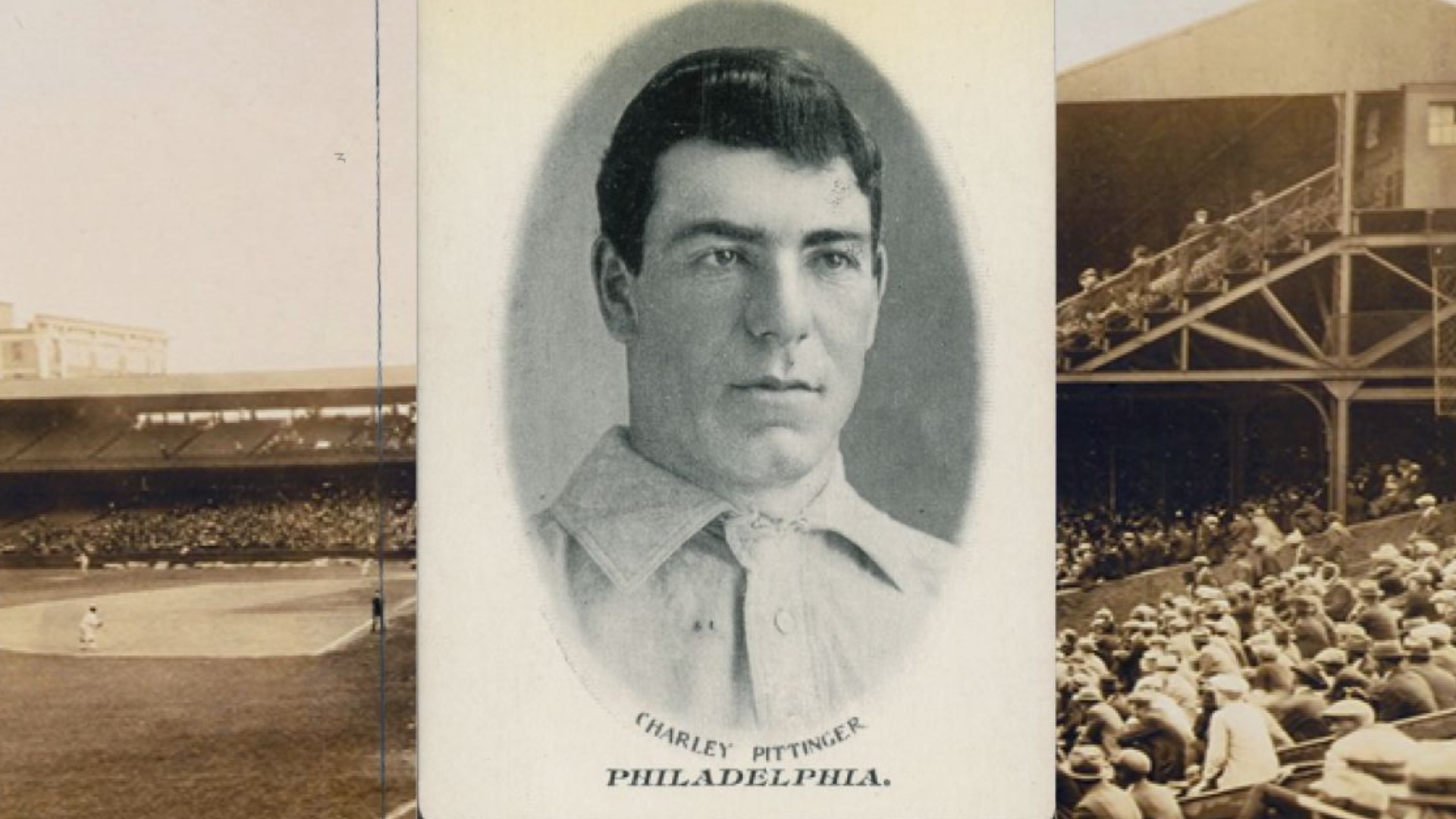GREENCASTLE, Pa. — Charles Reno Pittinger was born on Jan. 12th, 1872, in Greencastle, Pennsylvania.
He was the fifth of eight boys, and his dad, John, was a lightning rod salesman. That's fitting because Togie, as Charles was eventually called, had a lighting bolt for a right arm.
He didn't play organized ball until he was 23 years old but turned heads with his fastball. Where he shined with his speed, he lacked in control, with one local paper writing Pittinger, "was at times very wild...putting the ball many times on the wrong side of the batter.”
Still, it was enough for the Boston Beaneaters to sign the Pennsylvania native to a big $150-a-month contract in 1898.
If you thought Philly fans were tough, Boston media gave him the nickname 'Horse Face,' despite a 20-9 season. Sporting Life magazine said at the time he was one of the best pitchers in the country.
His production led to Pittinger receiving a lot of interest from other teams. That eventually forced the Beaneaters hand, and they signed him to a new contract for $5,000 a year.
As good as he was on the pitcher's mound, there were some things that the Beaneaters didn't like about Pittinger. He refused to play on Sundays, as he promised his mom when he was a kid that he would not play baseball or go to the stage on Sundays.
On Dec. 14th, 1904, Pittinger was traded to the Philadelphia Phillies. At the time, the Philadelphia Inquirer wrote that Pettinger “expressed himself as highly elated over the transaction." During this period, the Phillies didn't wear the colorful red, white, blue, maroon or even baby blue that today's fans are used to seeing. Instead, they wore a big black block 'P' on their uniforms.
Pittinger prepared for the upcoming season by working out with the Dickinson College baseball team—and whatever he did, it worked. That season, Pettinger went 23-14 with the Phils, boasting a 3.09 Earned Run Average, and helped Philadelphia to a fourth-place finish. He led the league in games pitched and was second in wins, trailing another Keystone state product, future Hall of Famer Christy Mathewson.
That season would be the highlight of his time with the Phillies. He played two more seasons in Philadelphia, with varying levels of success, but struggled with his health because of the impact that diabetes had on his body. Insulin shots were still 12 years away.
In addition to baseball, he bought a billiard room, a restaurant and a grocery store across the street from the Lindner Shoe Factory, then in Carlisle. He did it all before passing away at the age of 37.

